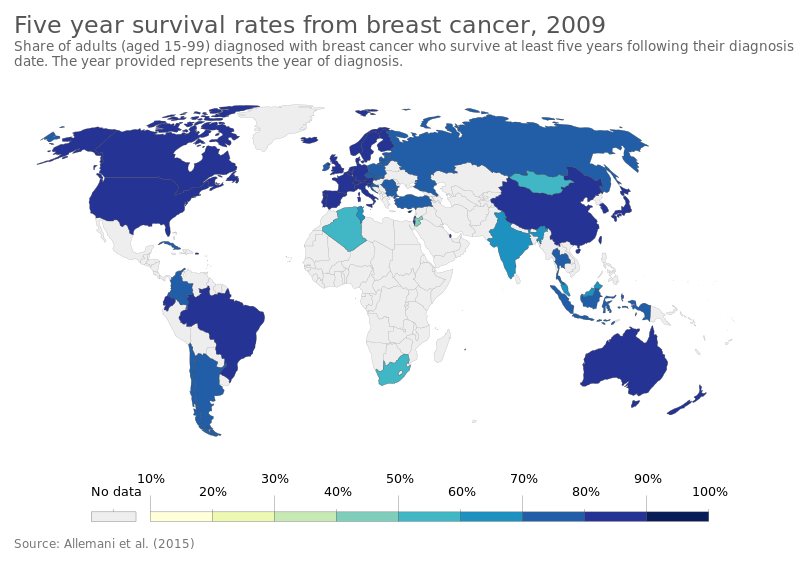Study Reveals Alcohol Use Disorder Impacts Women's Brain Immunity

A recent study conducted by researchers at Yale School of Medicine has unveiled critical differences in the brain immune response between women and men suffering from Alcohol Use Disorder (AUD). Published in the journal *Biological Psychiatry* on June 12, 2025, the research indicates that women with mild to moderate AUD exhibit significantly lower levels of microglia, the immune cells responsible for brain health, compared to their male counterparts and healthy women.
The study, led by Dr. Yasmin Zakiniaeiz, Assistant Professor of Psychiatry at Yale, involved positron emission tomography (PET) scans to assess microglial levels in both male and female participants with AUD, as well as healthy controls. The findings revealed that while healthy women generally possess higher microglial levels than healthy men, this trend is reversed in women with AUD. According to Dr. Kelly Cosgrove, Professor of Psychiatry, Neuroscience, and Radiology at Yale and senior author of the study, "The constant activation of microglia due to alcohol consumption may exhaust these crucial immune cells, leading to cognitive decline and increased vulnerability to alcohol-related health problems."
This research emerges against a backdrop of rising alcohol consumption among women, who are increasingly at risk for cognitive deficits and brain damage from lower alcohol intake compared to men. In the study, participants were evaluated not only for microglial levels but also for mood, anxiety, and cognitive function through a series of questionnaires and tests. The results demonstrated that women with AUD reported higher levels of anxiety and lower executive functioning, which encompasses skills essential for daily tasks such as planning and problem-solving.
The cerebellum, a brain region involved in both motor and cognitive functions, showed particularly lower microglial levels in affected women, correlating with their cognitive impairments. These findings underscore the potential for immune system dysfunction to adversely affect cognitive abilities, a phenomenon that may be exacerbated by gender differences in response to alcohol.
Dr. Cosgrove emphasized the importance of holistic treatment approaches tailored to women, as most current AUD therapies are based on studies predominantly involving male subjects. The insights from this research could lead to the development of novel therapeutic strategies aimed at enhancing the brain's immune response, which may include lifestyle modifications like improved sleep, exercise, and dietary changes.
The study's implications extend beyond individual wellbeing, highlighting the urgent need for healthcare systems to adapt to the unique challenges faced by women with AUD. As Dr. Cosgrove noted, understanding the interplay between alcohol use and brain immunity is crucial for fostering resilience and recovery in affected populations. The research was supported by multiple grants from the National Institutes of Health, reflecting its significance in addressing a growing public health concern.
In conclusion, as the prevalence of Alcohol Use Disorder continues to rise among women, this study provides vital evidence that could reshape treatment paradigms and underscore the necessity for gender-specific approaches in addressing the complexities of alcohol-related health issues.
Advertisement
Tags
Advertisement





